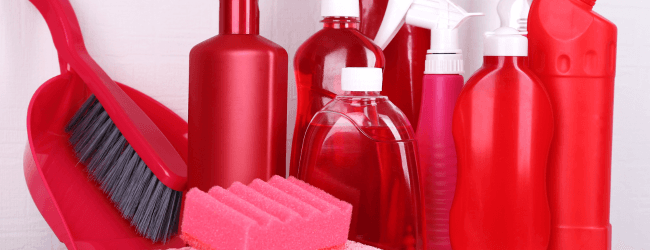
- 28 August 2024
Who’s Responsible for Mould in Your Rental Property: Tenant or Landlord?
Mould, it’s the unwelcome guest no one wants in their home. It’s unsightly, potentially hazardous to your health, and dealing with it can be a real headache. But when mould creeps into a rental property, the big question arises: Who’s responsible for cleaning it up, the tenant or the landlord? The answer isn’t always straightforward and depends largely on what caused the mould in the first place.
The Tenant’s Responsibility
Imagine this scenario: It’s winter, and you’ve kept all your windows shut tight for weeks to keep out the cold. The bathroom is always steamy after a hot shower, and the kitchen sees a lot of boiling pots without the exhaust fan turned on. Before long, you start noticing black spots in the corners of your ceiling. In this case, the mould is likely the result of poor ventilation—a lifestyle factor that falls under the tenant’s responsibility.
Key Points:
Ventilation: Tenants are expected to properly ventilate the property by using exhaust fans, opening windows, and addressing any other factors that could lead to dampness.
Reporting: If you notice any leaks or potential causes of mould, it’s crucial to report them to your landlord as soon as possible. Failing to do so could mean you’re partly responsible for any damage caused by the mould.
The Landlord’s Responsibility
Now, consider a different scenario. You’ve reported a leaky roof to your landlord multiple times, but nothing has been done. After a heavy rainstorm, the ceiling starts dripping, and soon enough, mould begins to grow in the affected area. In this situation, the mould is a direct result of a structural issue that the landlord should have addressed.
Key Points:
Maintenance and Repairs: Landlords are responsible for ensuring that the property is in good repair. If mould is caused by a lack of maintenance—such as a leaky roof or plumbing issues—the responsibility for fixing the problem and removing the mould falls squarely on the landlord.
Habitability: Under the Residential Tenancies Act, landlords must provide a safe and habitable property. Mould that makes a property unsafe or unhealthy means the landlord needs to take swift action.
Navigating the Legalities
The laws can vary slightly between states, but the general principles remain the same. The Residential Tenancies Act in various states clearly outlines the obligations of both tenants and landlords when it comes to property maintenance and habitability. If disputes arise, tenants can seek advice from their local tenants' union or consumer protection agencies.
It’s essential to communicate clearly and document everything. If you’re a tenant, notify your landlord in writing as soon as you notice mould or any potential causes. If you’re a landlord, stay on top of maintenance requests and address any issues promptly to avoid bigger problems down the line.
Conclusion: A Shared Responsibility
Ultimately, keeping mould at bay in a rental property is a shared responsibility. Tenants should maintain good habits to prevent mould from developing, while landlords need to ensure the property is structurally sound and address any repair issues quickly. By working together, both parties can ensure a healthy and safe living environment.
Got mould in your rental property? Understanding your rights and responsibilities can help you take the right steps to address the issue promptly and effectively. If you need assistance or have concerns, don’t hesitate to contact us at leasing@clubpropertymanagement.com.au.
Sources: https://www.tenants.org.au/ Consumer Affairs Victoria
Related Posts

Adelaide’s Growth Curve Is Steepening
Adelaide has entered a new phase of its property cycle, and the data confirms it. According to the Office of the Valuer General, the median house price in metropolitan Adelaide reached $925,000 in the December 2025 quarter. Twelve months earlier, it was $850,000. That represents a $75,000 increase in one year,...
- 12 February 2026

Stop Overthinking Refinancing
By Joe Linco, Club Broker at Property Club When the Reserve Bank of Australia raises interest rates, most borrowers react the same way. Repayments go up, pressure increases, and the issue gets parked for later. That pause is often what costs the most. After the most recent RBA rate rise, many homeowners and property...
- 11 February 2026

Why the February RBA Decision Matters More Than the Headline
With the Reserve Bank of Australia heading into its February interest rate meeting, borrower attention is back on rates, repayments and loan structures. Recent economic data has shifted expectations, and uncertainty is now the dominant theme. Inflation has proven slower to cool than anticipated, and that has placed...